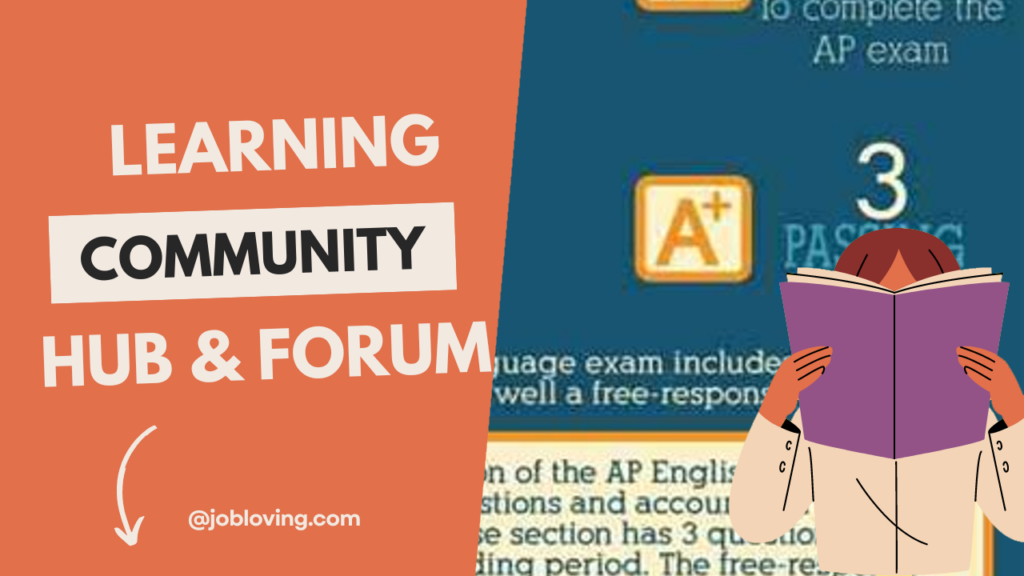Are you contemplating which AP language class might just be the golden ticket to an easy pass? You’re not the only one! With a plethora of Advanced Placement options available, it’s only natural to wonder which ones might require less brainpower yet still bring home that shiny college credit. Buckle up as we dive into the world of average pass rates that might just reveal your next easy A!
The Short Answer : AP Japanese Language
When it comes to AP languages that pack a punch without the stress, AP Japanese Language stands out with an impressive pass rate of 76.9%. It’s the top contender for the easiest AP language class that could land you a sweet score with seemingly less fuss!
Diving a bit deeper, the popularity of AP Japanese might stem from its unique cultural context that intrigues students, making the study feel more like an adventure than work. The engaging nature of the language and some students’ previous exposure through media like anime and Japanese video games can also contribute to those high scores. But don’t get too complacent—while it may be the easiest language to conquer, you still need to put in a solid effort to grasp the nuances of the language and culture. Interestingly, other languages like AP Italian and AP French also have respectable pass rates, but they can’t quite match the charm of Japanese. So if you’re looking for an AP language where you’re more likely to sail through, the decision seems clear!
In summary, while gabbling about AP subjects can make your head spin, the AP Japanese Language course seems to be a fantastic option if you’re looking to keep your GPA high with relative ease. And if you have any burning questions or just want to swan dive deeper into more exciting resources, don’t hesitate to join the JobLoving community—it’s where the magic happens!
Key takeaways about What is the easiest AP language?
Passing Rates of AP Language Exams
- AP Chinese Language and Culture has the highest passing rate, with 88.4% scoring 3 or above.
- AP Spanish Language and Culture has an 83.8% passing rate, benefiting from cumulative language experience.
- AP Japanese Language has a 76.9% passing rate, utilizing diverse question formats for assessment.
- AP Italian Language has a 72.9% passing rate, aligning with the trend of easier language classes.
- AP French Language has a lower passing rate of 71.4%, indicating more difficulty compared to others.
Influences on Perceived Difficulty
- Subject familiarity plays a vital role in perceived difficulty of AP language classes among students.
- Subjective content in AP English Language often feels easier compared to objective subjects like Calculus.
- Teachers’ effectiveness significantly influences students’ experiences in AP classes, impacting perceived difficulty levels.
- AP exams can differ in difficulty from their corresponding classes, complicating the ease assessment.
- Individual strengths and weaknesses determine which AP classes are easiest for each student personally.
Factors Affecting Success Rates
- Preparation strategies directly correlate with success rates in AP exams, regardless of perceived class difficulty.
- Subjective factors influence perceived ease; personal background knowledge can dramatically affect AP exam performance.
- Student reviews on Reddit highlight AP Human Geography as easy, despite low pass rates in reality.
- Learning styles play a crucial role; analytical students may find AP Statistics easier than AP Biology.
- Self-studying for AP exams is feasible, but requires balancing with other academic commitments and goals.
Broader Implications of AP Classes
- AP classes provide opportunities for college credit, but policies differ across colleges regarding acceptance of AP scores.
- College admissions prioritize rigorous coursework over the quantity of AP classes taken in high school.
- Taking one or two AP classes annually can balance academic workload for many students.
- Individual experiences shape perceptions of AP class difficulty; what’s easy for one may be hard for another.
- AP classes challenge students and enhance college applications, demonstrating motivation and academic readiness for higher education.

